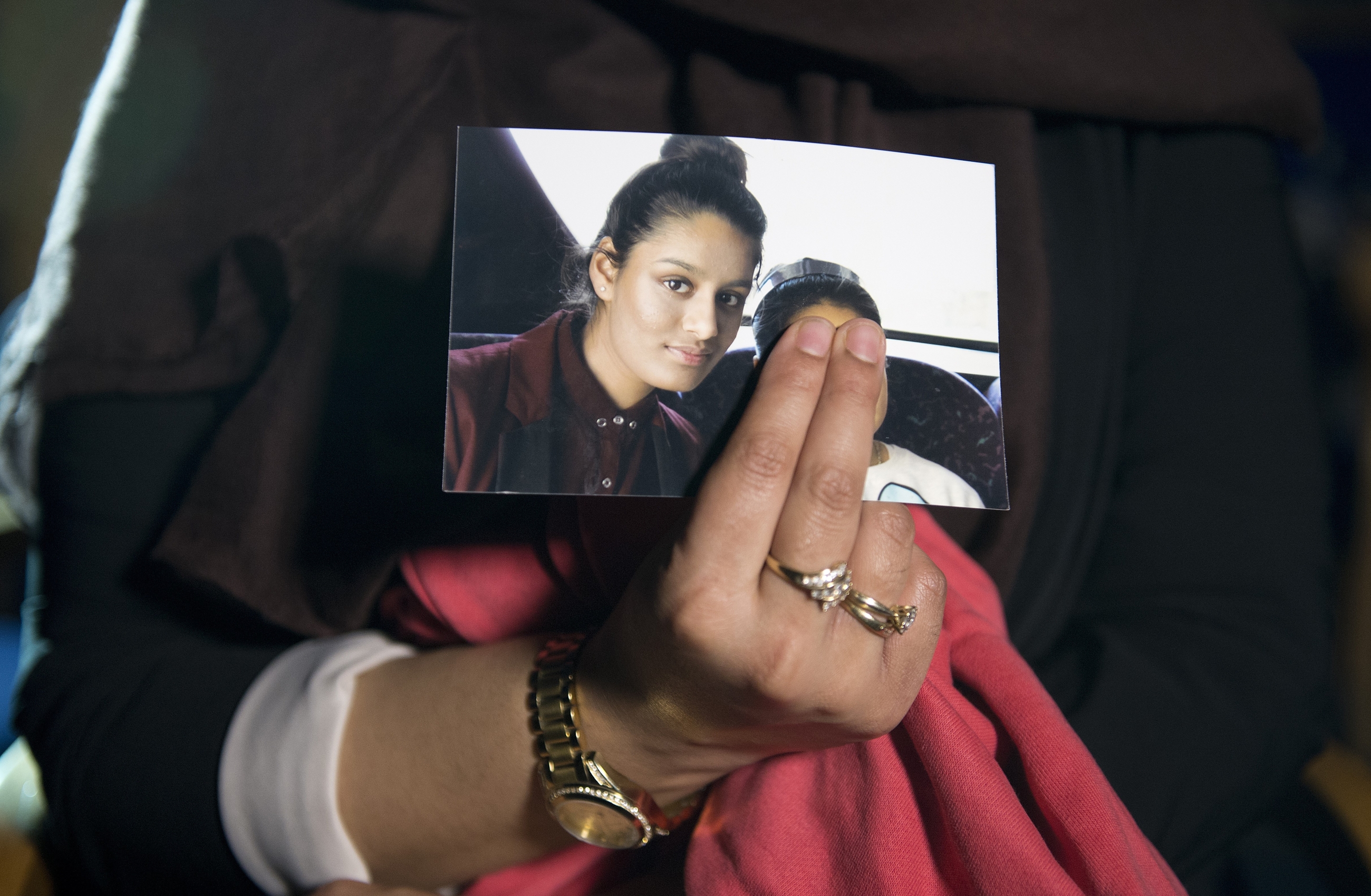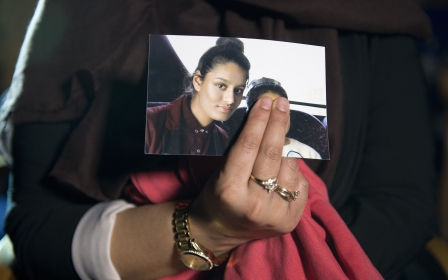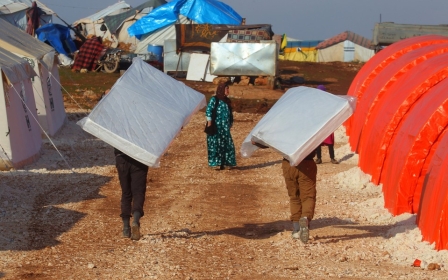'Nothing to do with us': Bangladesh rejects claim that IS teen is Bangladeshi citizen

Bangladesh has confirmed that Shamima Begum, a British teenager who joined the Islamic State group in Syria at the age of 15, is not a Bangladeshi citizen.
The comments add further pressure on the British government after it revoked Begum's British citizenship on Tuesday and made the teenager stateless.
Whitehall sources told multiple British news outlets that UK Home Secretary Sajid Javid had revoked Begum's citizenship due to her ability to obtain a Bangladeshi passport because of her parent's ethnic background.
Javid's decision to revoke Begum's UK citizenship could also be in possible breach of international obligations that Britain has signed up to not to render anyone stateless.
In two separate statements on Wednesday, two Bangladeshi ministers rejected claims that Begum was a citizen of Bangladesh, and said it was a matter for the "British to resolve."
Bangladesh's Interior Minister Asaduzzaman Khan said that Shamima Begum's case had "nothing to do" with the Bangladeshi government.
"This is a matter of the British government. Bangladesh has nothing to do with this," Khan told reporters in Dhaka.
In a separate statement, Shahriar Alam, Bangladesh's Foreign Minister, added that there was "no question" over whether Bangladesh would allow Begum into the country.
"The government of Bangladesh is deeply concerned that [Begum] has been erroneously identified as a holder of dual citizenship," Alam said.
"Bangladesh asserts that Ms Shamima Begum is not a Bangladeshi citizen. She is a British citizen by birth and never applied for dual nationality with Bangladesh."
The Bangladeshi government's response is another roadblock to British attempts to stop the teenager from coming back to Britain.
Earlier on Wednesday, UK Home Secretary Sajid Javid said that Begum's baby son is unaffected by the decision to strip her of her British citizenship.
Commenting on the British government stripping her citizenship, Begum told ITV News on Wednesday that it was "hard to swallow" and "unjust to her and her son".
Javid notified Begum's parents of his decision to strip their daughter of her citizenship on Tuesday, but the family's solicitor has challenged the move, saying that it leaves the 19-year-old stateless.
Various outlets including the BBC reported on Wednesday that Javid used Begum's eligibility for Bangladeshi citizenship via her parents as justification for removing her British citizenship.
Begum, who was born in Britain, has parents who are of Bangladeshi heritage. According to her family and lawyer, she has never been to Bangladesh and does not hold a Bangladeshi passport.
The UK Home Office did not respond to requests for comment by Middle East Eye. In a previous statement, it said it did not comment on individual cases, but Javid has previously said that he will use all powers available to him to prevent Begum's return to the UK.
The move also appears to contradict an example of policy contained in the British government's own counter-terrorism strategy in which the case of a woman with a newborn baby seeking to travel home to the UK from IS territory is managed so that she is either charged and prosecuted on her return or "assisted in reintegrating into society" if no charges can be brought.
Two-tier citizenship system
Javid's decision has raised concerns that millions of British citizens who are dual nationals or eligible for citizenship in another country because of their heritage could be exposed to the risk of having their UK citizenship revoked, effectively rendering them second-class citizens alongside British nationals born to parents with no claim to another nationality.
Under the UK nationality act, the government has powers to strip both naturalised British nationals and British-born nationals of their citizenship, but only if the move does not leave them stateless, in contravention of international law.
A spokesperson for the Muslim Council of Britain, the UK's largest representative body for British Muslims, told Middle East Eye that Javid had "amplified fears" that Britain has a "two-tiered citizenship system."
Devyani Prabhat, a law lecturer at the University of Bristol, said that Javid's decision raised questions about whether British citizenship was equal for all.
"The problematic aspect of this case is that if Shamima has Bangladeshi nationality, she likely has this automatically because of her Bangladeshi heritage, and despite being born in the UK," said Prabhat.
"This means there are millions of naturalised and dual nationality holders in the UK today on whom this power to strip can operate without them even being aware they have any other existing nationality."
Middle East Eye delivers independent and unrivalled coverage and analysis of the Middle East, North Africa and beyond. To learn more about republishing this content and the associated fees, please fill out this form. More about MEE can be found here.




